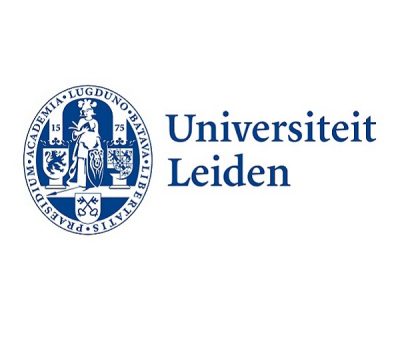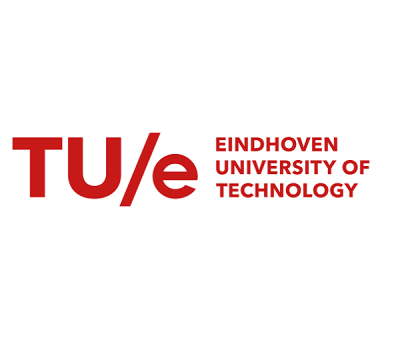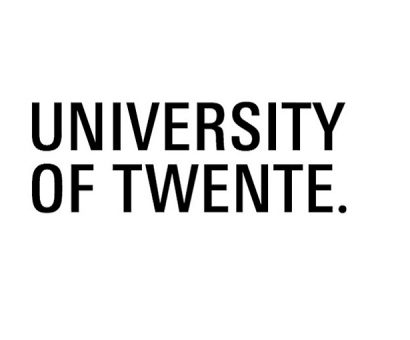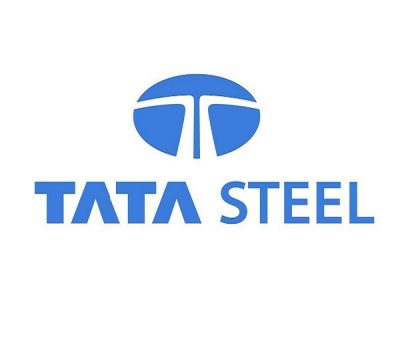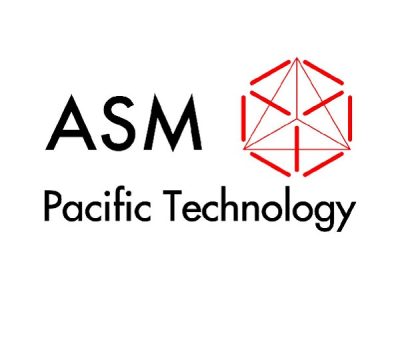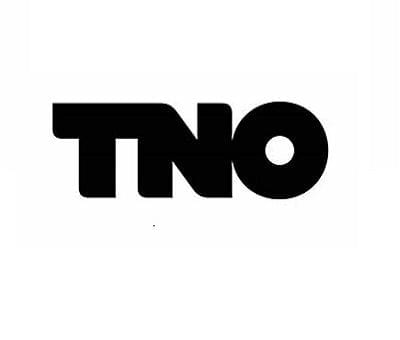Automated Model Updating of Digital Twins
The project aims at developing methods and tools for improving model accuracy by enrichment and real-time updating of dynamical systems and multi-physics models, using data from downstream or upstream processes of the entire value chain. Thus, it will enable the creation of data-enriched digital twins that are accurate digital representations of the physical process, such that these can be used for:
- design,
- optimization, and
- decision-making.
Consequently, these hybrid models come with a variety of objectives and innovations:
- multiple heterogeneous physics-based models can be compared w.r.t. relevancy and accuracy,
- data can be heterogeneous and asynchronous and come from sources located anywhere in the system, i.e., from upstream processes, as well as from downstream processes.

Challenges
The scientific challenges of this project are:
- How do we perform real-time updating of dynamical systems and multi-physics models using big-data from the entire value chain?
- How to develop methods for the automated and real-time updating and enrichment of dynamic models based on data, while taking uncertainty and model complexity into account?
- How to develop statistical methods for the automated selection of hybrid models that appropriately trade- off complexity with accuracy, resulting in optimal generalizability?
The goal is to obtain adaptive digital twins with limited complexity that guarantee up-to-the-minute accurate digital representation of the physical systems. As a result, they will become the building blocks for the digital twins used in Projects 4 and 5.
Fit within Digital Twin
The considered use-cases include:
- model enrichment and selection of HIsarna steel-making process in Tata Steel
- high-speed, high-precision, low-cost semiconductor production equipment in ASM-PT with an advanced customer support to performance-related issues.
People on Project 2
Project leader: Dr. Matthijs van Leeuwen

Principal Investigators:
- Prof. dr. ir. T. van den Boogaard, University of Twente
- Dr. ir. R.H.B. Fey, Eindhoven University of Technology
- Prof. dr. ir. N. van den Wouw, Eindhoven University of Technology & University of Minnesota, U.S.A.
2.1 Autonomous updating of dynamic models for redesign of engineering systems
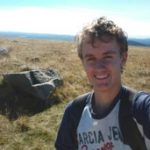 In the Dynamics and Control group, part of the Mechanical Engineering faculty of the Eindhoven University of Technology, Bas works as a PhD candidate in the Digital Twin project. He focuses on methods with which mechanical models can be updated using sensor data, such that agreement between physical structures and their models is achieved throughout their lifetimes.
In the Dynamics and Control group, part of the Mechanical Engineering faculty of the Eindhoven University of Technology, Bas works as a PhD candidate in the Digital Twin project. He focuses on methods with which mechanical models can be updated using sensor data, such that agreement between physical structures and their models is achieved throughout their lifetimes.
2.2 A data-driven model updating approach for robust optimization of multi-stage production processes
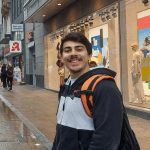 Francesco is a PhD candidate working in the Digital Twin project. He is part of the Nonlinear Solid Mechanics group, collaborating with the Precision Engineering group, at the faculty of Engineering Technology of the University of Twente. He works on the development of physics informed meta models, based on physics-based virtual model and measured input/output data, aiming to optimize and find the optimum control points for a multi-stage metal forming process. Moreover, uncertainties are taken into consideration to improve the meta-model based on data.
Francesco is a PhD candidate working in the Digital Twin project. He is part of the Nonlinear Solid Mechanics group, collaborating with the Precision Engineering group, at the faculty of Engineering Technology of the University of Twente. He works on the development of physics informed meta models, based on physics-based virtual model and measured input/output data, aiming to optimize and find the optimum control points for a multi-stage metal forming process. Moreover, uncertainties are taken into consideration to improve the meta-model based on data.
2.3 Automated hybrid model selection using the minimum description length principle
 In the Explanatory Data Analysis (EDA) group at Leiden Institute of Advanced Computer Science (LIACS), Leiden University, Ioanna works as a PhD candidate in the Digital Twin project.
In the Explanatory Data Analysis (EDA) group at Leiden Institute of Advanced Computer Science (LIACS), Leiden University, Ioanna works as a PhD candidate in the Digital Twin project.
She focuses on developing automated hybrid model selection based on the minimum description length principle (MDL) by exploiting measured data to ensure performance, safety, flexibility, and quality of product / process design cycles with an improved predictive accuracy.
